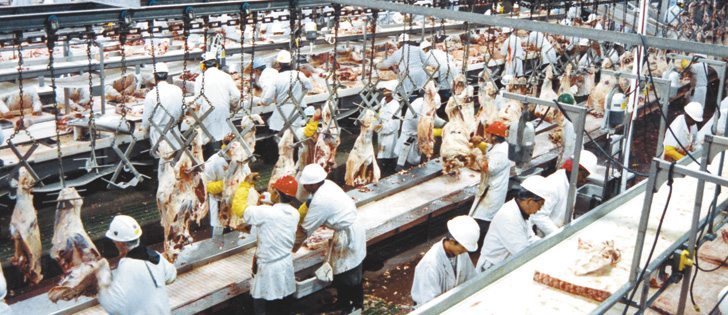Whether for or against a new world trade agreement, Canadian trade watchers should pencil in late March as a crucial indicator of whether there will be a deal anytime soon, if ever.
World Trade Organization director general Pascal Lamy has called for an intense round of negotiations in the first quarter of 2010 followed by a “stock-taking” session by senior negotiators or ministers.
Read Also

Petition launched over grazing lease controversy
Battle continues between the need for generation of tax revenue from irrigation and the preservation of native grasslands in southern Alberta rural municipality.
That will determine whether the pledge by world leaders and WTO ministers to complete the round in 2010 is realistic or rhetoric. The so-called Doha Round of negotiations has entered the ninth year of what was supposed to be a three-year process.
“I think we should reserve the last week of March for stock-taking,” Lamy said in a December report to WTO delegates. “At this juncture, my sense is that we should keep open the format and exact content of the stock-taking while keeping in mind that at this stage, the aim of such an exercise is to assess whether 2010 remains doable.”
The unanswered question is what happens if it is determined that a deal cannot be reached in 2010 and the negotiations are doomed to enter their 10th year.
Should negotiations continue on the same mandate agreed to in Doha, Qatar, in November 2001 in the aftermath of the Sept. 11 terrorist attacks when the WTO members wanted to send a signal that world institutions continued to function?
Or should the Doha Round be quietly ended and relaunched with a new mandate that reflects changes in the world economy since 2001, including the rise of China and India, the decline of the United States and the 2009 global recession?
Ottawa trade specialist Peter Clark, a former trade negotiator who now represents many sectors with an eye on the trade talks, including sensitive supply managed sectors, figures there is little appetite to declare failure.
“Based on today, I don’t think the prospect of abandoning it is a real prospect,” he said in an interview. “A lot of political capital and ego has been invested in this project.”
At the same time, he said there is little real impetus to make the tough decisions needed to progress, particularly as long as the United States is not fully engaged. The Barack Obama administration is preoccupied by economic woes, wars, health-care reform and other big issues.
“Without American engagement, the strong feeling now is that people around the world have essentially written it off and so there are no expectations,” said Clark.
So with little stomach to admit failure and no belief in success, what is to be done?
He said there is a view that a two-year hiatus in talks might be called.
Meanwhile, bilaterals like the Canada-European Union free trade negotiation have a better chance of achieving results and will absorb more political and bureaucratic energy.
In Canada, exporters who see a multilateral deal as their best route to new markets are fighting to keep the WTO process going.
Those sectors with nothing to gain and much to lose, including supply management and the Canadian Wheat Board, see a stall in the talks as their best option. A hiatus for them would not be unwelcome.
Meanwhile, Lamy raised some eyebrows among WTO Geneva-based negotiators when he accepted a directorship with an international communications company, raising some questions about his full-time commitment to a WTO deal, according to reports from Geneva.














